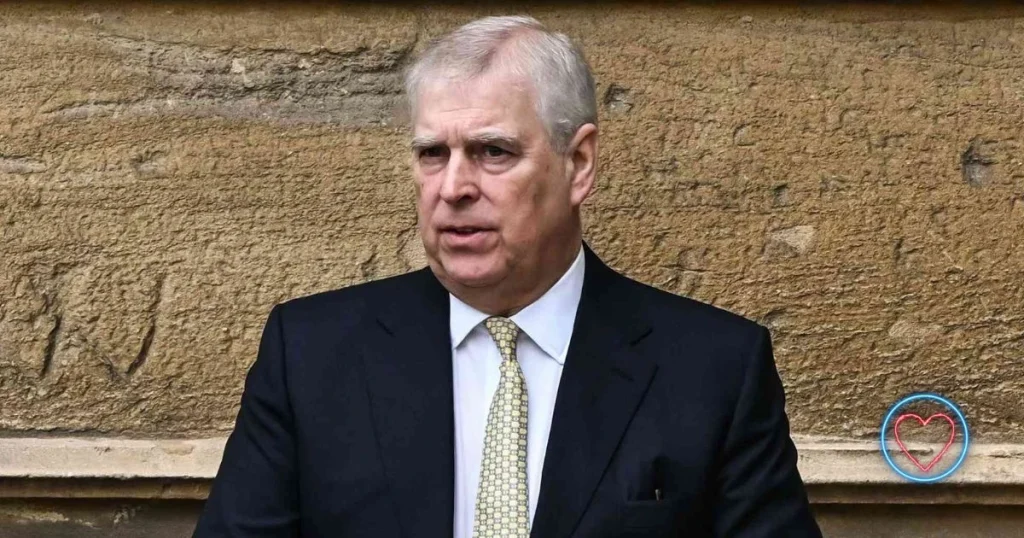On May 25, 2025, former President Donald J. Trump delivered a headline-making commencement address at the United States Military Academy in West Point, New York. The occasion marked a return to a tradition steeped in symbolism and strategic messaging. Known for his rhetorical flair and America-first doctrine, Trump used the platform not just to honor graduating cadets, but to reaffirm his stance on U.S. military independence, national pride, and a redefined role for America on the global stage.
As thousands of cadets, family members, military officials, and political observers looked on, Trump’s speech echoed themes of strength, sovereignty, and selective interventionism. The address, occurring amid an already intense 2024–2025 political cycle, is now widely seen as a pivotal moment in shaping both Trump’s own legacy and America’s defense trajectory.
A Ceremony Rooted in Tradition
West Point holds a unique place in the American military ethos. Founded in 1802, the academy has produced generations of leaders, including presidents, generals, and war heroes. Every year, the commencement address is an opportunity for the Commander-in-Chief—or a former one—to inspire future military leaders.
Trump’s return to West Point was reminiscent of his 2020 address there during his presidency. However, this 2025 address carried new meaning. No longer in office but still a dominant political figure, Trump’s presence was both ceremonial and strategic. He was not just addressing cadets; he was speaking to a national—and global—audience, aware that every word would be dissected in the context of upcoming elections and ongoing geopolitical challenges.
Key Themes of the Address
1. Strength Through Sovereignty
The cornerstone of Trump’s message was clear: the U.S. military must serve American interests first and foremost. “We are not the world’s police force,” he declared. “We defend our people, our values, and our soil.” This echoes Trump’s long-standing aversion to “forever wars” and his push for reducing U.S. military involvement in overseas conflicts.
This vision stood in contrast to the foreign policy approaches of some of his predecessors, who emphasized multinational coalitions and liberal interventionism. Trump made it clear: while America will always be strong, its strength must not be diluted by what he called “globalist distractions.”
2. Praise for the Military and Law Enforcement
Trump spent considerable time praising the graduates for their dedication and sacrifice. “You are the steel spine of our nation,” he said, prompting applause. He highlighted the importance of discipline, loyalty, and moral courage—qualities he said were “under attack in today’s politically correct climate.”
He also defended law enforcement officers, describing them as “heroes under siege,” and vowed continued support for military families, VA reform, and improved defense funding.
3. Criticism of Current Foreign Policy
Without directly naming President Joe Biden, Trump critiqued the current administration’s handling of international relations. He referenced “weak leadership” in the face of rising global threats—from China’s expansionism to renewed instability in the Middle East.
In a particularly pointed moment, Trump remarked, “We surrendered our energy independence, our borders, and our moral clarity.” These statements drew enthusiastic responses from his supporters and became instant soundbites on social media and news outlets.
4. Call for Military Innovation and Readiness
Trump also addressed the need for a “21st-century military,” emphasizing investments in AI, space defense, and cyber warfare. “Our enemies are evolving, and we must stay ten steps ahead,” he warned. He criticized bureaucratic inefficiencies and called for a leaner, more agile defense structure.
Political Overtones and Implications
Though billed as a commencement address, the event had unmistakable political undertones. With the 2026 midterm elections looming and Trump still holding sway over the Republican Party, many viewed the speech as a de facto campaign rally.
Trump’s tone, while formal, was unmistakably charged with populist rhetoric. Phrases like “Make America Strong Again” and “Peace through unmatched power” signaled continuity with his previous administration’s brand. His critiques of globalization, open borders, and “woke ideology” in the military were calculated appeals to his base.
Moreover, his presence at West Point was not just symbolic—it was a signal. Trump remains a force in national politics, and his military messaging is integral to his broader strategy of portraying himself as a guardian of traditional American values.
Reactions Across the Spectrum
Supportive Voices
Conservative commentators lauded the speech as “classic Trump” and praised its focus on American sovereignty. Senator Josh Hawley tweeted, “President Trump just gave a masterclass in strength, leadership, and unapologetic patriotism.” Fox News highlighted the contrast between Trump’s clarity and what it termed “the current administration’s muddled messaging.”
Veterans groups and military family advocates also expressed appreciation for Trump’s emphasis on VA reform and continued support for active-duty service members. “He sees us, he values us,” said one West Point parent in a post-event interview.
Criticism and Concerns
However, critics were quick to respond. Progressive outlets accused Trump of politicizing a solemn occasion. MSNBC host Rachel Maddow called the speech “a campaign disguised as a commencement.” Critics also flagged Trump’s omission of references to global alliances like NATO or the United Nations, framing it as dangerously isolationist.
Military historians noted that while Trump’s emphasis on strength is appealing to some, modern warfare demands cooperation. “The wars of tomorrow will be won not just by might, but by alliances,” said Dr. Andrew Bacevich, a retired colonel and foreign policy scholar.
There was also concern about Trump’s rhetoric regarding “wokeness” in the military, with some arguing it undermines ongoing efforts to diversify the armed forces and address longstanding issues of inclusion.
Strategic Messaging to Cadets
To the graduating class itself, Trump’s message was clear: they are the defenders of a sovereign and proud nation. He urged them to think critically, stand tall in their convictions, and “never apologize for putting America first.”
He recounted the sacrifices of soldiers past—from Normandy to Kandahar—and framed the cadets’ futures as continuations of that legacy. “You are not just soldiers. You are patriots, guardians, and the future of this republic,” he declared.
For many cadets, the moment was profound. Regardless of political affiliation, the sheer gravitas of being addressed by a former president—and hearing a vision of America rooted in strength and clarity—left a mark.
The Larger Context
A Country at a Crossroads
Trump’s speech came at a time when the United States is facing both internal and external challenges. Domestically, debates rage over national identity, civil liberties, and economic direction. Internationally, the rise of China, the resurgence of Russia, and the proliferation of AI in warfare have shifted the geopolitical landscape.
In this environment, Trump’s address wasn’t just a ceremonial tribute—it was a statement of intent. He made it clear that his brand of muscular nationalism, military respect, and strategic disengagement from “endless entanglements” is alive and well.
Echoes of 2020 and Beyond
The speech also recalled themes from Trump’s earlier presidency—such as the Abraham Accords, troop withdrawals from Afghanistan and Syria, and defense budget hikes. It reinforced his belief that diplomacy is best conducted from a position of overwhelming strength.
By invoking past military successes and promising renewed innovation, Trump aimed to situate himself not just as a leader of the past, but a visionary for the future.
Final Thoughts
President Trump’s West Point address was more than just a sendoff for the Class of 2025. It was a reaffirmation of a worldview—one in which America is strong, unapologetic, and fiercely independent. While opinions remain deeply divided, the speech undeniably succeeded in sparking national conversation.
Whether one sees Trump’s message as an inspiring call to duty or a political dog whistle, one thing is clear: the former president remains a powerful voice in shaping America’s military philosophy. For the cadets who stood at attention beneath the Hudson River sky, and for the millions watching from afar, Trump’s words were a reminder that the battle for America’s soul—and its global role—is far from over.











